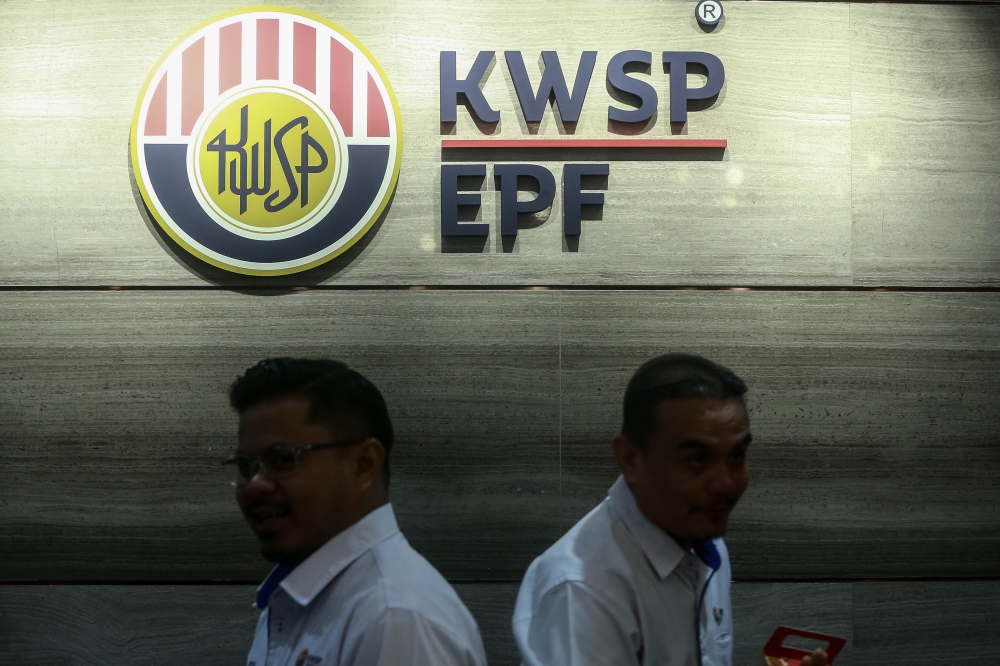KUALA LUMPUR, May 4 — Malaysia goes into conditional movement control order (CMCO) today in a move to restart its economy, which Putrajaya claims cost the country RM2.4 billion in daily losses since mid-March.
Almost all economic sectors and businesses will be allowed to reopen from today, subject to strict conditions, following the announcement by Prime Minister Tan Sri Muhyiddin Yassin just three days ago.
This comes a little more than a week before the scheduled end of the fourth phase of the movement control order (MCO) on May 12.
Under the CMCO, some businesses will be allowed to operate fully although the government has requested that employers implement flexible working hours and encourage working from home.
Since schools and daycare centres will still be closed, employers have also been requested to allow those with children to come into the office on alternate days.
Outdoor sports activities which do not involve body contact such as running, cycling, and golf are now allowed.
However, mass social, cultural and religious gatherings are still banned.
Inter-state travel is only allowed for work purposes, and for those who were previously stranded elsewhere to return home.
All Malaysians are now urged to wear face masks and carry hand sanitisers when they go out.
Berikut adalah senarai aktiviti yang dilarang yang dikeluarkan oleh @MKNJPM, untuk makluman syarikat-syarikat. #PKPB #PatuhiSOP #MengimbangiKesihatandanEkonomi @AzminAli @limbanhong @lokmanhakim_ali @jpmgov_ pic.twitter.com/X64nEPi0GO
— MITI Malaysia (@MITIMalaysia) May 2, 2020
Yesterday, public transport operator RapidKL also announced that commuters will be required to keep their distance from each other, with waiting and travel time expected to be slightly longer than usual.
Trains will also be operating at 50 per cent capacity but peak period for rail services will be extended, with commuters advised to use the trains only if they need to.
To enforce all these restrictions, Putrajaya is relying on the public to self police and report to authorities should they see any persons or businesses flouting the standard operating procedures during the CMCO.
Curve is flattened, time to recover?
The announcement for the CMCO was part of a special address by Muhyiddin in conjunction with the May Day on Friday, and had followed a demand by the Malaysian International Chamber of Commerce and Industry (MICCI) three days earlier for the MCO to be lifted immediately.
In its statement, MICCI president Datuk Tan Cheng Kiat insisted that “coronaviruses have always been part of nature and here to stay”, claiming that a prolonged MCO would wreak far more damage on the country’s well-being than the epidemic itself.
Hours after Muhyiddin made the announcement, Health Director-General Datuk Dr Noor Hisham Abdullah said the decision was made collectively by the entire government, as the country is now in a recovery phase.
In a message that has since gone viral online, the prime minister’s adviser on public health, Tan Sri Dr Jemilah Mahmood, also assured the public that the MCO has “flattened the curve” which ensured that our health systems are protected and able to cope.
Last week on April 28, Malaysia hit its record of lowest new Covid-19 cases at 31; the lowest since the MCO was implemented on March 18.
For a period between April 17 and May 1 — the day Muhyiddin made his announcement — Malaysia’s new Covid-19 cases were all in double digits.
But that streak has been broken since in the two days prior to the CMCO. Yesterday’s number of new cases, at 122, was the highest since April 16.
Gates are open, but caution continues
As at last night, almost 500,000 Malaysians have signed an online petition urging Putrajaya to rescind the CMCO, and for the MCO to continue.
Following public concern that the CMCO was announced far too early, Putrajaya has since cautioned businesses against rushing headlong into re-opening.
Communications and Multimedia Minister Datuk Saifuddin Abdullah said Putrajaya’s decision does not mean that all businesses must re-start today, but that the announcement was meant to allow traders to prepare for the scheduled end of the MCO next week.
Meanwhile, Senior Minister Datuk Seri Ismail Sabri Yaakob said the government has advised businesses to stay shut and consumers to avoid crowds or commercial premises if they still feel unsafe.
Even Dr Noor Hisham reiterated in his daily briefing yesterday that Malaysians must not forget that the MCO is still in force, and that those who can afford to do so should just keep staying at home.
“Let us help each other to make sure our loved ones especially those who are vulnerable are safe. Let us keep Malaysia safe.
“Let’s emerge victorious at the end of this war against an invisible enemy. If you have no reason to go out, please stay safe and stay at home,” he said in an open letter to all Malaysians ahead of the CMCO.
In addition, several states from both sides of the political divide have decided to ignore Muhyiddin’s call to open up all economic sectors.
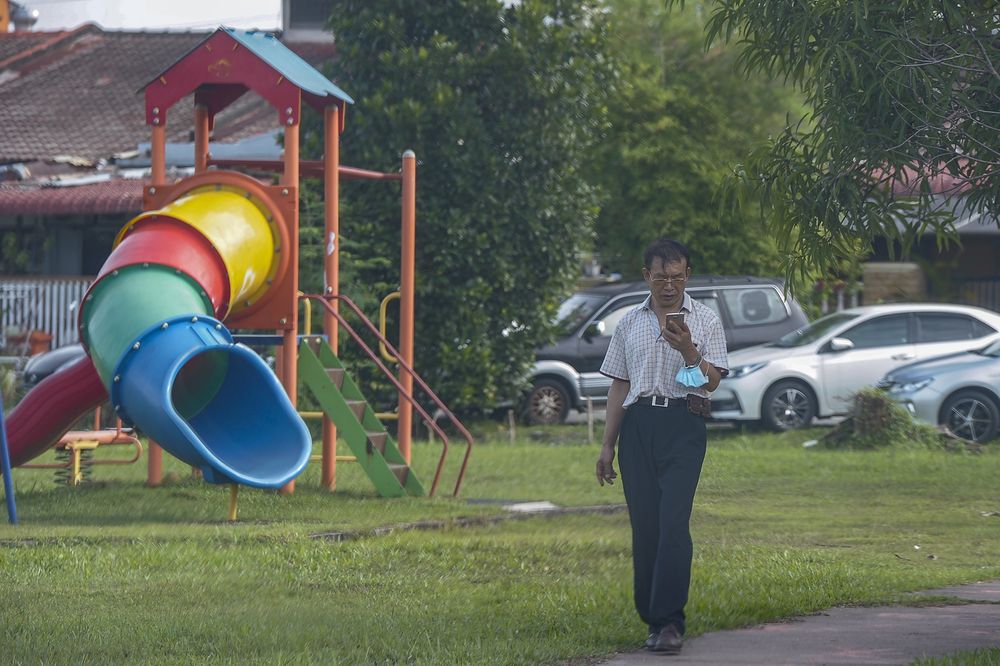
Selangor, the state with the most number of reported Covid-19 cases in the country, said that no restaurant or eatery there will be allowed to conduct dine-in services and exercise will only be allowed in community parks, despite Putrajaya’s decision otherwise.
Other states that announced they will not follow the CMCO as stipulated by Putrajaya include Perikatan Nasional-led Perak, Sarawak, Kelantan and Pahang, and Pakatan Harapan-led Penang, Kedah, Negri Sembilan and Sabah.
Only Perlis and Terengganu have publicly announced that they will abide by the CMCO. Johor and Melaka have yet to make any announcements about the matter.
In response, Ismail said respective states will not be forced to adopt the CMCO in its entirety, and are allowed to make adjustments according to their needs.
However, the lack of uniformity has irked the Federation of Malaysian Manufacturers, who said state governments must support Putrajaya’s decision, as stopping work in certain states will lead to major disruptions in the supply chain of goods and services.
As of yesterday, Malaysia recorded a total 6,298 positive Covid-19 cases. Out of those, 4,413 have recovered (around 70 per cent), while 105 have died.
Last month, Bank Negara Malaysia projected that the country’s gross domestic product (GDP) is set to fall to between -5 and 2 per cent following the pandemic.
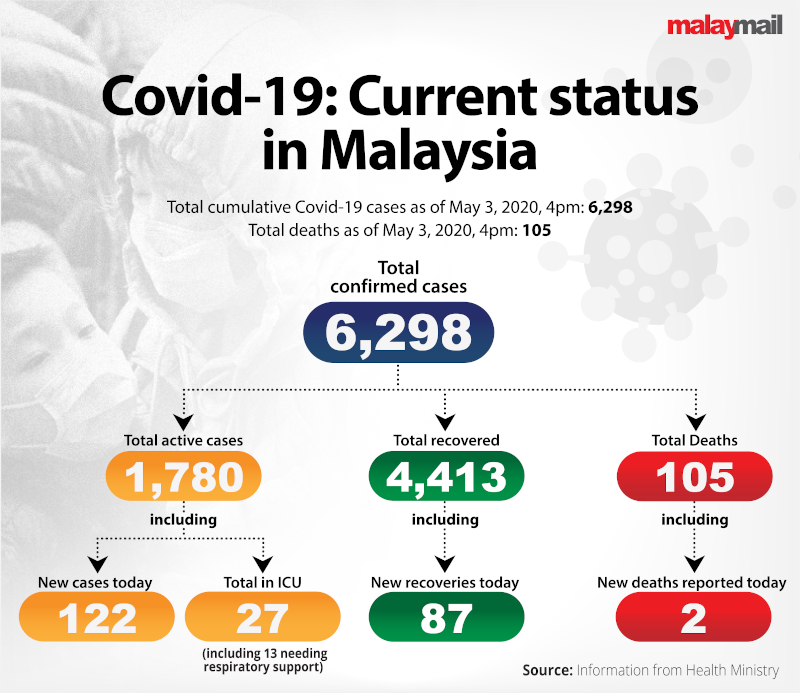

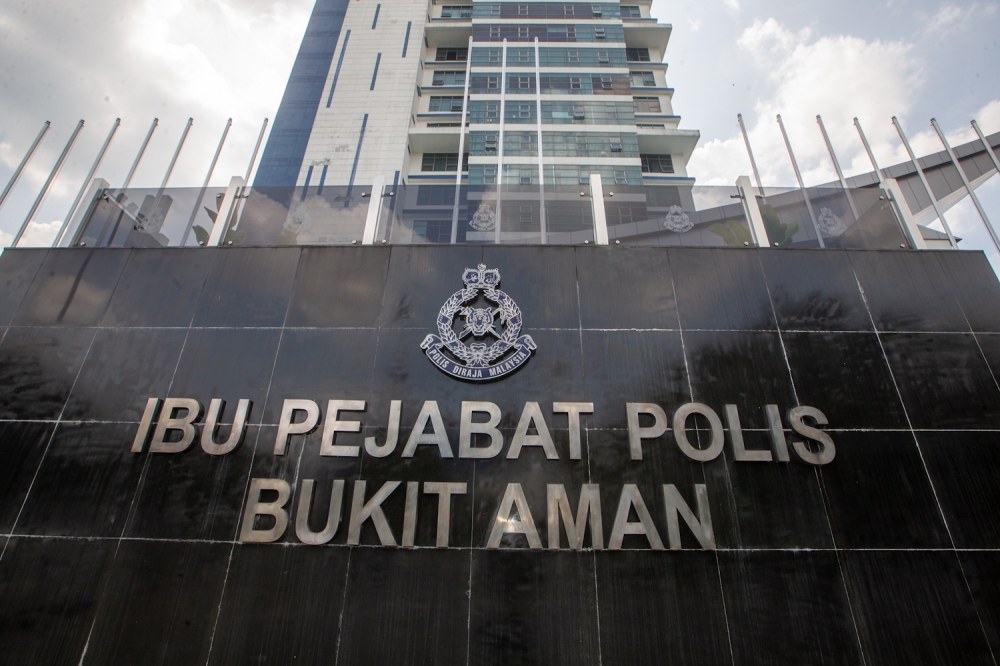

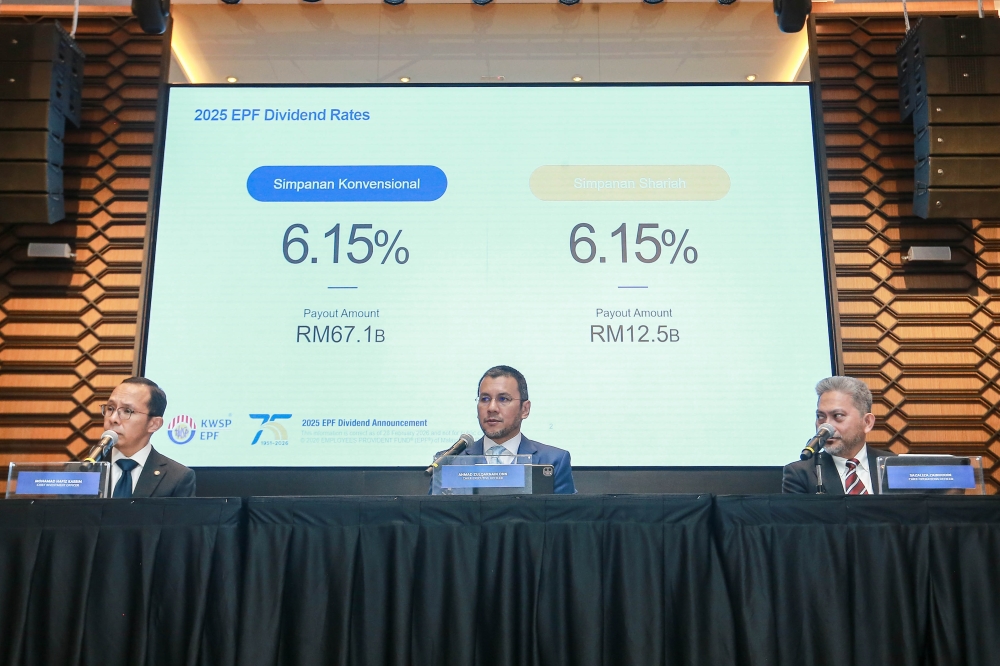
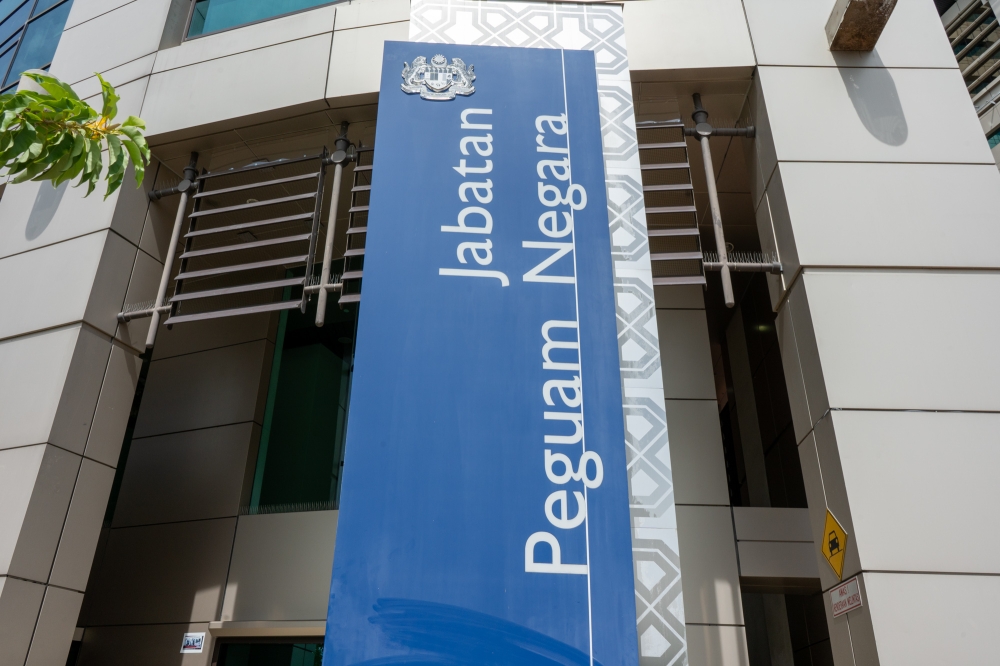


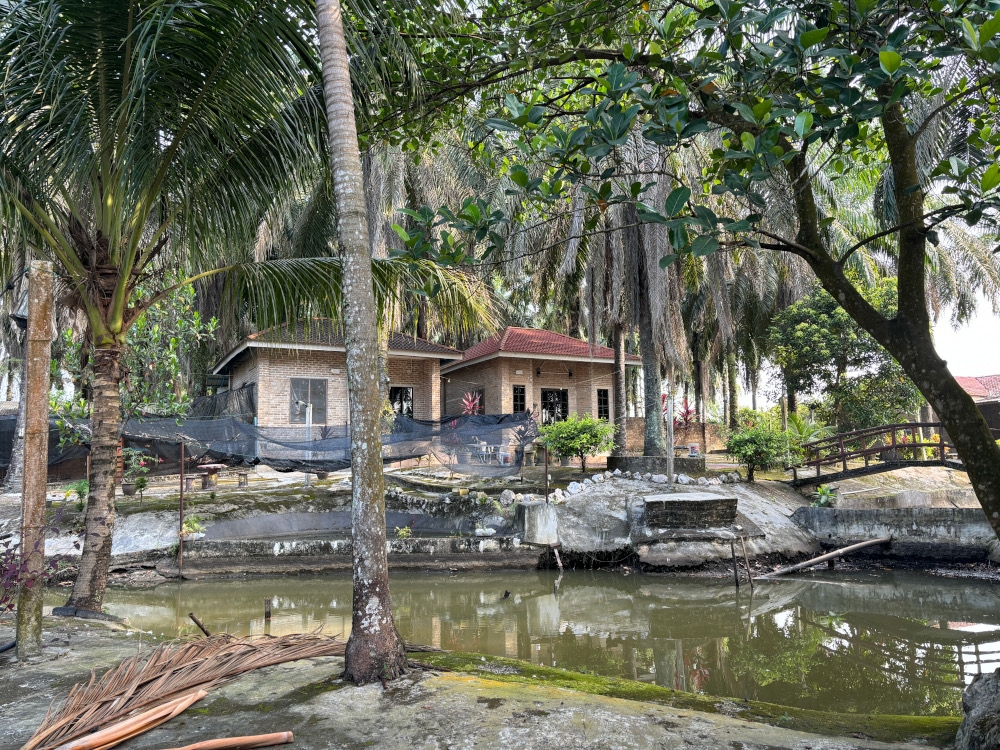
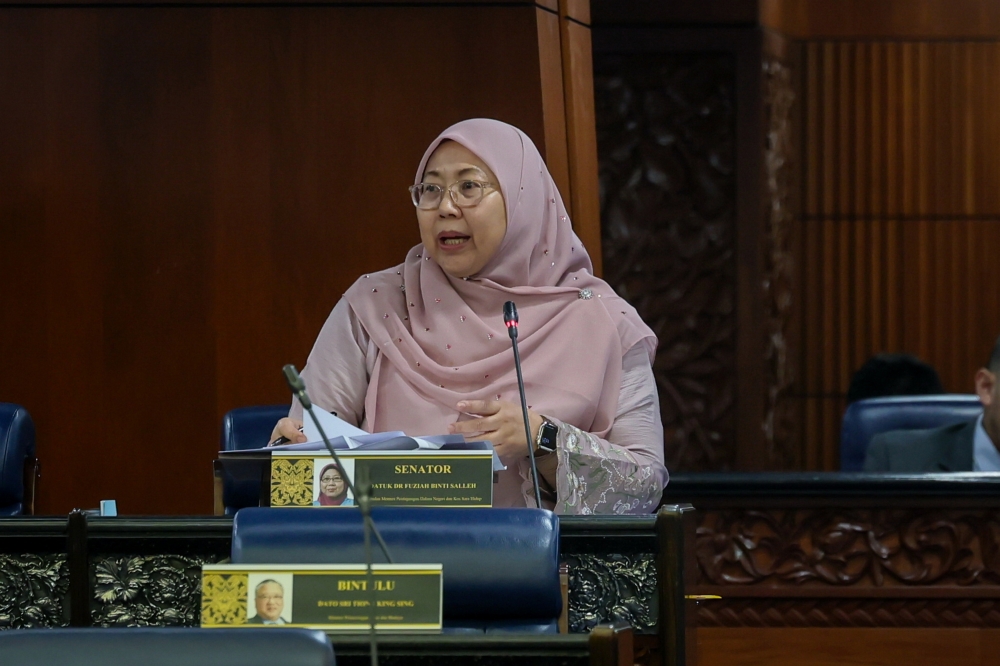
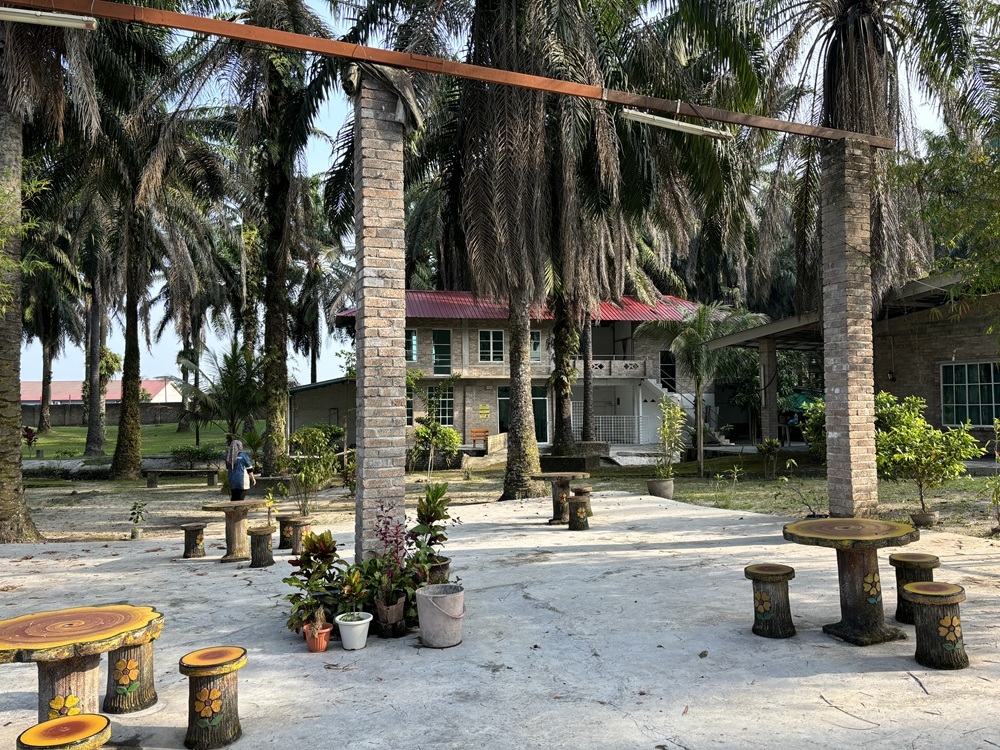


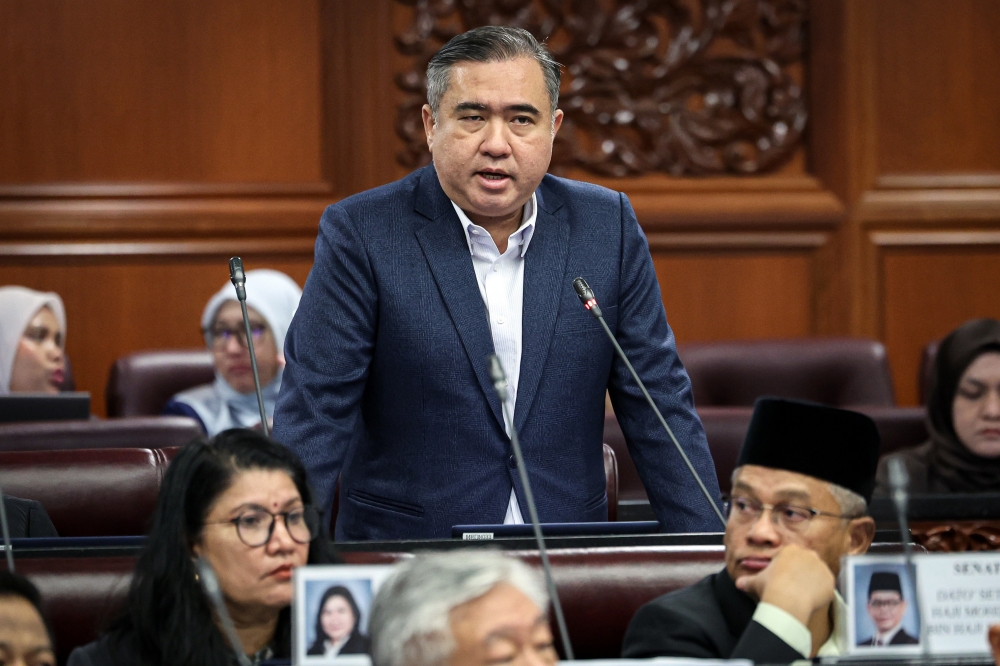
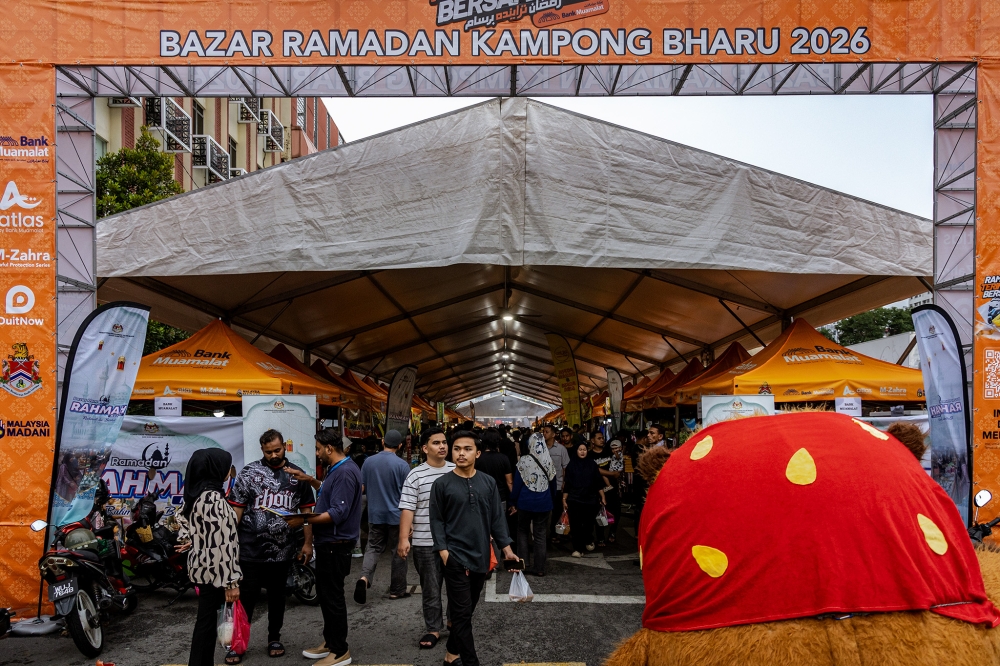

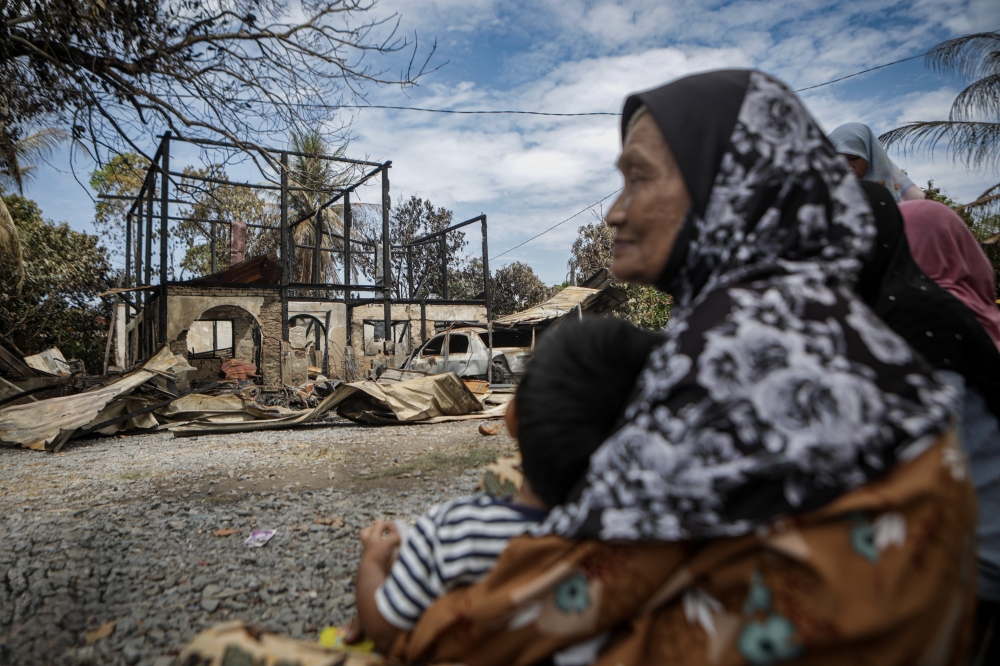
.jpg)

